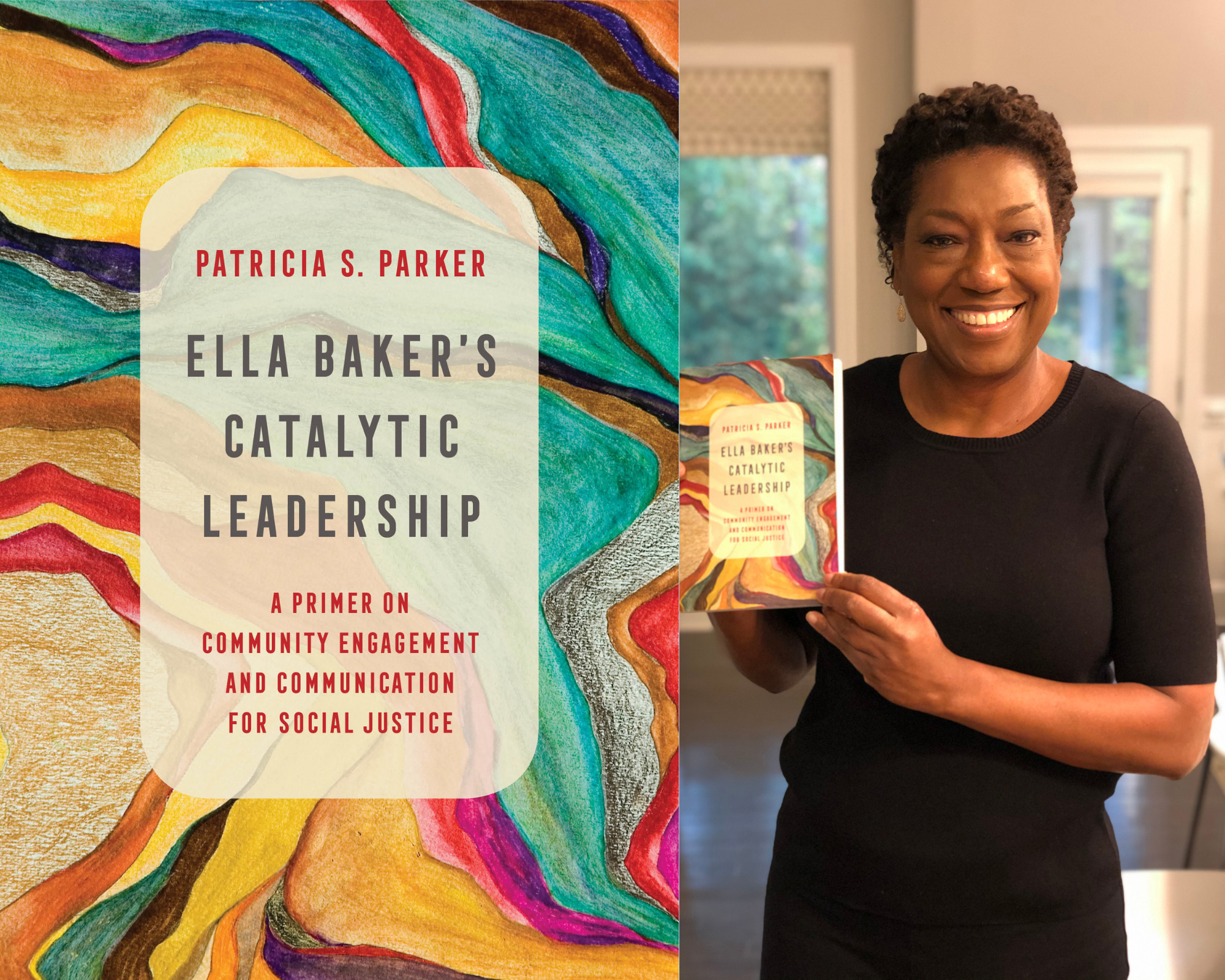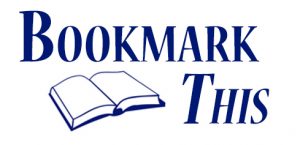
 Bookmark This is a feature that highlights new books by College of Arts & Sciences faculty and alumni, published the first week of each month.
Bookmark This is a feature that highlights new books by College of Arts & Sciences faculty and alumni, published the first week of each month.
Featured book: Ella Baker’s Catalytic Leadership: A Primer on Community Engagement and Communication for Social Justice (University of California Press) by Patricia S. Parker.
Q: Can you give us a brief synopsis of your book?
A; My book describes six years (2007-2013) of community engaged participatory research with a small collective of African American teen girls and their parents, university faculty, students and community activists learning leadership in the spirit of Ella Baker. Baker (1903-1986) was a civil rights and human rights activist whose career as a community organizer spanned more than 50 years. She left us with tools and lessons on how to catalyze the power of everyday democracy through grassroots organizing and community-based collaborations. The book provides detailed illustrations for entering, engaging and catalyzing community partnerships. It also provides concrete communication practices for coalition building and solidarity in social justice activism that others can use in their work. I think readers will benefit from the deep self-critical work I reveal in the book as I confront the limits and possibilities of alliances that involve people like me from outside a community engaging with people in vulnerable life situations. Baker was a masterful bridge leader. My hope is that readers will be inspired to follow her example as I do in my ongoing work.
Q: How does this fit in with your research interests and passions?
A: As a communication scholar studying leadership, difference and power, I am interested in questions about achieving social equity through organizing — whether in corporate, public or community settings. Throughout my career, I have drawn on Black women’s intellectual histories and organizing traditions to craft new understandings of, and approaches to, contemporary leadership challenges. Until fairly recently, those histories and traditions have been relatively ignored in the mainstream literatures on leadership and social movements. This book and the engaged research that informs it provided me with the opportunity for more in depth study of one of those organizing traditions — bridge leadership — as embodied by Baker. For the past 15 years I have researched and tested Baker’s organizing philosophy and translated it into a “catalyzing leadership approach” that I hope will bring more attention to the contributions of Black women’s and girls’ leadership and activism. President-elect Joe Biden’s reference to Baker in his speech at the 2020 Democratic National Convention will also elevate those contributions.
Q: What was the original idea that made you think: “There’s a book here?”
A: When the community partnership was first being formed in 2007, all involved understood that one of the knowledge products would be a book that I would write based on an on-the-ground application of Baker’s philosophy. However, the main focus of our collective work was supporting the girls’ leadership and activism as we all tried to learn and practice Baker’s organizing principles and share what we were learning with others along the way. The collective products from our work, some of which are summarized in the book, came in the form of youth-led initiatives, such as our biennial “Sharing the Mantle Youth Organizing Conference:” social justice campaigns, including efforts to “raise the age” limits to end youth incarceration in adult prisons; and creating and presenting youth arts activist projects to advance anti-racist civic education. In 2013 I started organizing my field notes and archival research but I was unsure about the angle for the book. In 2015, when I was tapped to co-edit a book series on social justice activism for the University of California Press, I realized that the book I needed to write was one that would be beneficial to other scholar activists doing community-engaged work.
Q: What surprised you when researching/writing this book?
A: The participatory research process that guided the work of our collective was action oriented and adaptive. So, while I can’t point to any one surprise, I do provide a couple of provocative examples in the book where we encountered some hard truths about how our work was unfolding and had to change course. Consistent with Baker’s principle of “leadership as learning,” many of our collective’s successes emerged through trial and error, careful to stay focused on maintaining participative spaces for all voices to be heard and tilting decision-making power toward the most vulnerable when there are threats to human dignity.
Q: Where’s your go-to writing spot, and how do you deal with writer’s block?
A: I’m not one of those writers who can write in a coffee shop bustling with activity. I prefer a quiet sunny spot behind closed doors. My favorite place to write is at my home office first thing in the morning. Before COVID-19, I would sometimes write in my university office. As a department chair, I was grateful to have staff to help protect my writing time — both in thwarting my efforts to come out to see what new “fire” was beginning to emerge and serving a gatekeeping function to manage would-be interrupters of my writing.
In terms of writer’s block, I learned early in my career that taking short breaks every 50 minutes or so (or writing in 50-minute blocks each day) works very well for me. The challenge, though, is finding the time to write and diligently protecting that time. I’m a strong supporter of research and study assignments and writers’ retreats.
Parker is professor and chair of the department of communication.
Nominate a book we should feature by emailing college-news@unc.edu. Find some great books to add to your reading list by checking out our College books page.
